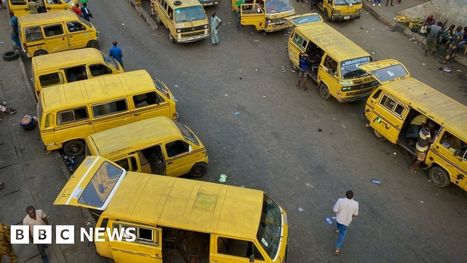South Asia is home to 9 of the world’s 10 cities with the worst air pollution, which causes an estimated 2 million premature deaths across the region each year and incurs significant economic costs. Over 50% of the #AirPollution in major South Asian cities is not local but travels from outside. To end air pollution, cities, states, and countries need to work together and collaborate.
Research and publish the best content.
Get Started for FREE
Sign up with Facebook Sign up with X
I don't have a Facebook or a X account
Already have an account: Login
A collection of articles relating to the 'international' elements of Economics and relating to IB, Pre-U and A-Level Economics.
Curated by
Graham Watson
 Your new post is loading... Your new post is loading...
 Your new post is loading... Your new post is loading...
|
|












This World Bank clip looks at the extent to which air pollution is a major problem in South Asia, noting that many of the problems are caused by issues outside of the cities they effect.
It notes that there needs to be an upskilling of those involved in monitoring and tackling the issue and better co-ordination of policies, presenting a number of policy scenarios that the region might look to choose in tackling the issues and saving lives with the lowest opportunity cost.